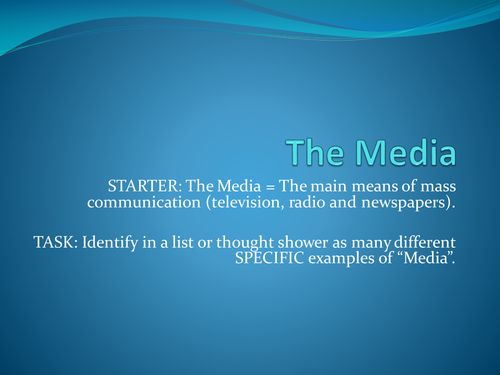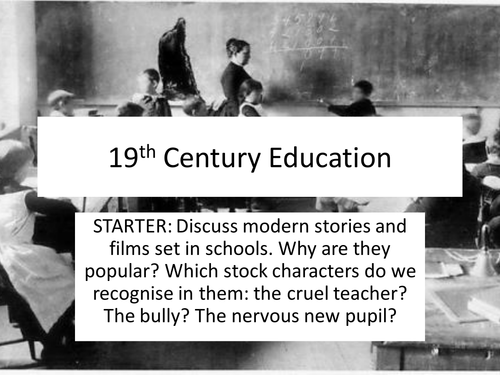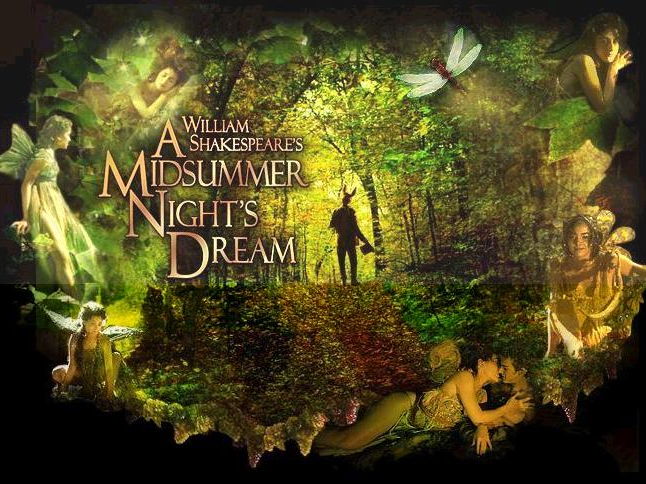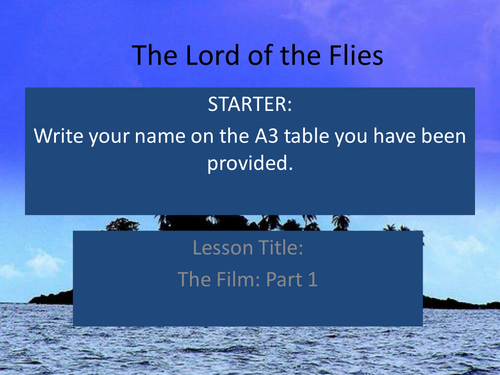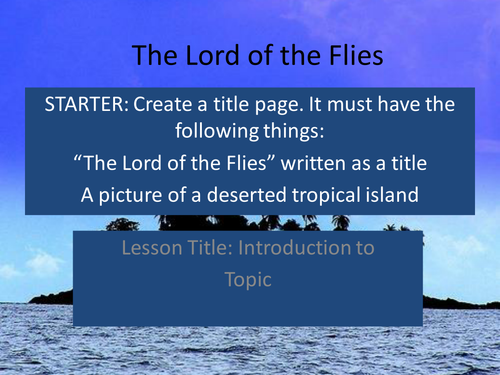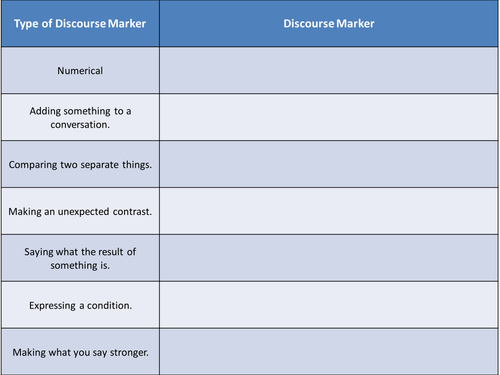
228Uploads
561k+Views
1394k+Downloads
All resources

KS4 - Shakespeare and Conflict Poetry - FEELINGS
A series of lessons designed to teach Year 10-11 students about Shakespeare and how he presents feelings. This unit is pointed at a controlled assessment question that focuses on how Shakespeare and the conflict poetry POETS present ideas about feelings - poetry lessons to follow.

KS3: Introduction to the Media - Travel Brochure Project
A unit designed to be taught to Year 7. It introduces them to the basics of the Media and gets them writing creatively - a Travel Brochure. Includes resources and articles.
Bundle

Year 7 English Curriculum
A series of resources that make up a curriculum that can be taught to year 7.

KS3: Introduction to 19th Century Literature
A bank of lessons and extracts that introduce Key Stage 3 to a variety of different 19th Century Literature texts. Designed with a top set year 8 class in mind. Draws heavily from the AQA material - look at this as either a time-saver or a starting point.
ADDITION: These lessons are intentionally “light” in terms of their content - the main aim of this unit was to get the students to read the extracts and to ask questions about them. As a result, the lessons I’ve built contain gaps that allow me to react to the needs of the kids. If your intention is to purchase these lessons, please recognise that you will need to fill these gaps yourself. The lessons were only ever intended as a starting point.

KS3: Exploring the theme of "Journeys" - A Sound of Thunder (Reading SoW)
I had a lot of fun with a bottom set, boy heavy year 9 group with this. They took to the story well and did OK with their reading assessment.
Enjoy and let me know how it goes.

AQA A-Level English Language and Literature: Othello (Revision)
A stand alone lesson that assumes all participants have read and understood the text. I used it as a platform to show students what they needed to be revising. There is some focus on themes and a focus on an extract - both areas of which I use as a stimulus for class lead discussion. I finish with an exam based question - the focus is upon the characters that are manipulated, not the manipulator (just to keep them on their toes). Hope you find this useful.

KS3: A Midsummer Night's Dream Scheme of Work
A collection of lessons and extracts designed to teach this play to KS3 students. It'll need updating a little (I talk about Controlled Assessments), but it's a good starting point for someone looking for a way in to teach this play.

AQA English Literature: Romeo and Juliet Revision Lessons
I pulled together a lot of thinking from a lot of different websites and have shaped it into these lessons. Not all of the content is mine.

GCSE SECTION A Q5: Comparative Response
I made this sheet after marking a load of mock exam papers and getting frustrated at the inability of some foundation students to compare effectively. Oh yes, this is meant to be printed on A3 paper too!
I have had success with foundation groups in terms of getting them to structure their responses.

Lord of the Flies: Stage Two - Film
These lessons are to be ran in tandem with watching the 1963 versions of the film (not the modern version - the pilot is still alive!). You can insert these two lessons at any point in the SoW.

Lord of the Flies: Stage Zero - Starting Point
The first lesson of a SoW I have recently created to teach Lord of the Flies to Year 7. This is the first part; I refer you to the 'Following this Scheme' guide for instructions as to what to do next.
Please leave feedback if you find this Scheme useful or have any suggestions to make. Look for the remaining stages on here too...

Lord of the Flies: Stage Three - Writing
The third and final stage of my Lord of the Flies SoW. I am still adding in alternative lessons to this so expect some changes. The writing assessment focuses on a letter-in-a-bottle activity. As you can see, there is heavy emphasis on punctuation.
Feedback welcome.
The handwriting lesson is based upon a workbook i found on TES - I take no credit for it!

Spoken Language structured response worksheets
Using the PEE format I've made user friendly sheets specifically relating to Spoken Language to help students plan and structure their responses. These are useful if the students are familiar with the terminology first.

Home Learning Tracking Spreadsheet
A simple spreadsheet that allows you to keep track of your online lessons. My school uses classcharts as its medium in setting online learning - but you can easily change the headings of the columns to reflect whatever software you use.

AQA English Literature Data Collation Spreadsheet aka "The Machine"
Attached is a spreadsheet that does an awful lot of work for you. To summarise, it does the following:
Allows for easy collation of GCSE Literature marks on a paper by paper basis AND as a whole examination
Allows for easy identification of various student demagraphics - EAL, PP and so on
Allows you to measure progress against students best, average and last marks across both papers
Works out "how many marks" until you hit target grades for individual students
Colour codes grades and marks to allow for at a glance progress checks
Once you buy this spreadsheet, you will not need to get another LITERATURE spreadsheet. The document contains instructions as to how to update the spreadsheet.
Oh, and if you do get this, I suggest you LOCK the individual spreadsheets ASAP: the document is set up to allow you to do this and still enter the data, you just won't be able to accidentally delete any of the coding, thus removing any brain overloads that might ensue.
Happy spread-sheeting!

KS3 Conflict Poetry complete unit of work (differentiated lessons for high, mid and low ability)
A complete unit of work including source poems, videos and mp3 versions of poets reading their poems. Differentiated for higher, middle and lower ability classes (each lesson back ground has a slightly different colour for an easy visual guide), this is a unit of work I designed with my Head of Key Stage 3 hat on at my last school - an entire year group was successfully taught this unit. A real success.

AQA English Language Data Collation Spreadsheet aka "The Machine"
Attached is a spreadsheet that does an awful lot of work for you. To summarise, it does the following:
Allows for easy collation of GCSE Language marks on a paper by paper basis AND as a whole examination
Allows for easy identification of various student demagraphics - EAL, PP and so on
Allows you to measure progress against students best, average and last marks across both papers
Works out "how many marks" until you hit target grades for individual students
Colour codes grades and marks to allow for at a glance progress checks
Once you buy this spreadsheet, you will not need to get another LANGUAGE spreadsheet. The document contains instructions on the ARRAY tab as to how to update .
Oh, and if you do get this, I suggest you LOCK the individual spreadsheets ASAP: the document is set up to allow you to do this and still enter the data, you just won't be able to accidentally delete any of the coding, thus removing any brain overloads that might ensue.
I am using this at my current school and there are several other schools who are using this system with good reports.
Happy spread-sheeting!
PS - Yes, there is a page that reads exactly the same but for a version that caters for the AQA Literature course. The spreadsheets are different. Here's the link/address to the LITERATURE version:
https://www.tes.com/teaching-resource/aqa-english-literature-data-collation-spreadsheet-aka-the-machine-11405407

KS3 Unit of Work and lessons for The Crowfield Curse
A text I taught to year 7 (second set) which we all absolutely loved! There are so few lessons here in comparison to my other resource bundles because we often spent large amounts of time just reading the book.
The video is pretty awesome - I take no credit for creating it, I downloaded it from youtube and converted it to a format I could use.
May the crows find you willing and able.

Year 9 Preparation for GCSE Scheme of Work: Writing from around the world
A resource dump for my first attempt at preparing a middle set year 9 class for the rigours of the new GCSE - some success, but the class dynamic was more of a problem than the lesson resources themselves. Some editing may be required, but if you are wondering about how to approach the Section B parts of the exams, this covers a lot of bases.

Transitional Lesson: KS2 to KS3
One of my old schools did a great job of communicating with their feeder Primary Schools. We would be invited in to teach the incoming Year 7s. We took this a stage further by collaboratively teaching lessons with people from other departments. This lesson is designed to be taught to Year 6 students and combines Art and English. It's quite easy to change this to meet the needs of your own school's transitional needs.
You'll need to download some Manga style pictures and also, somewhat unsurprisingly, you'll need Art resources too.


